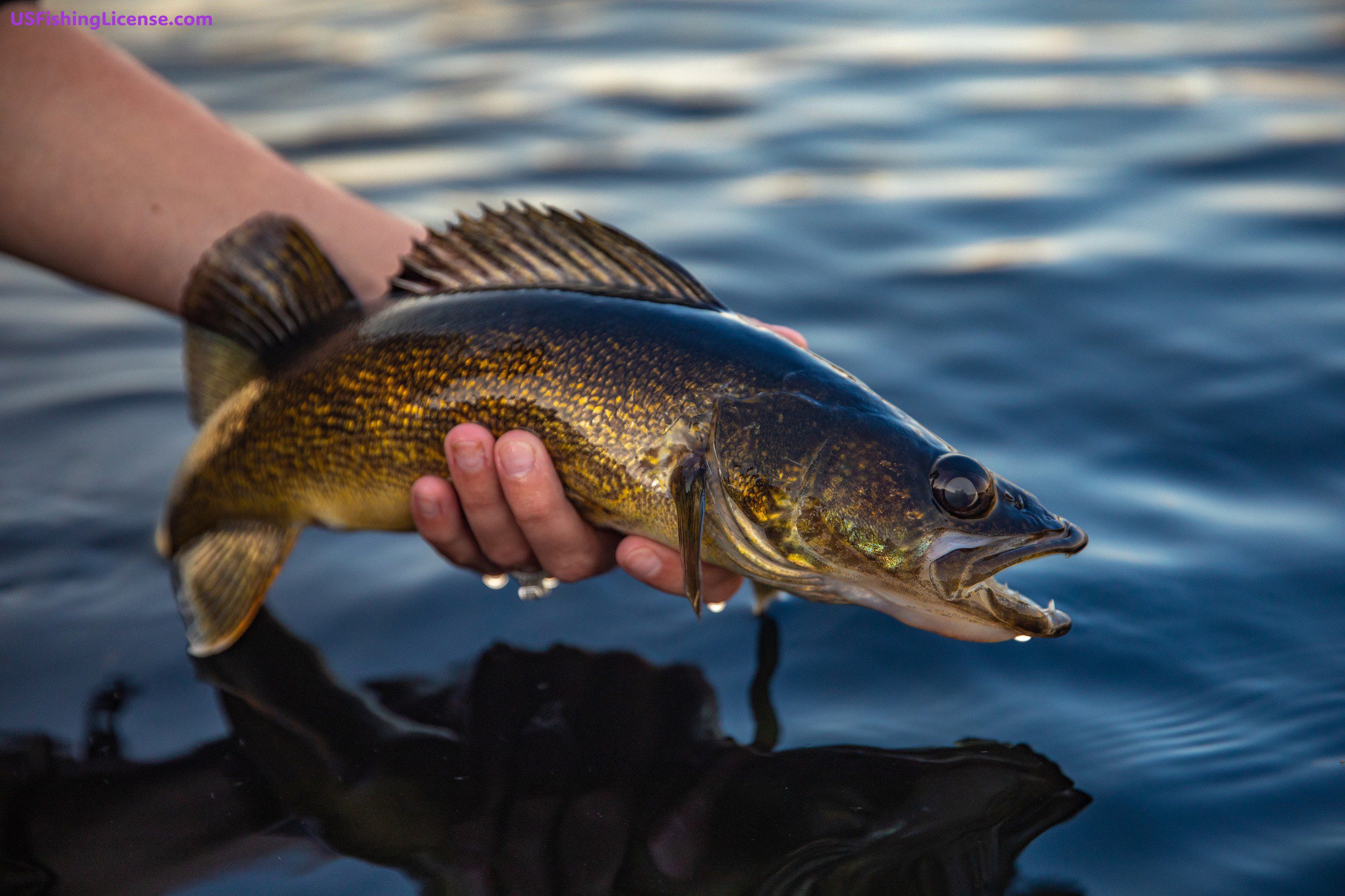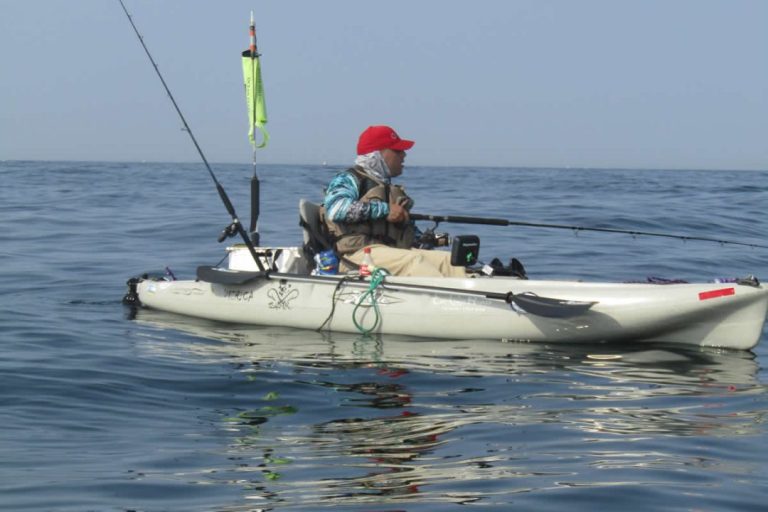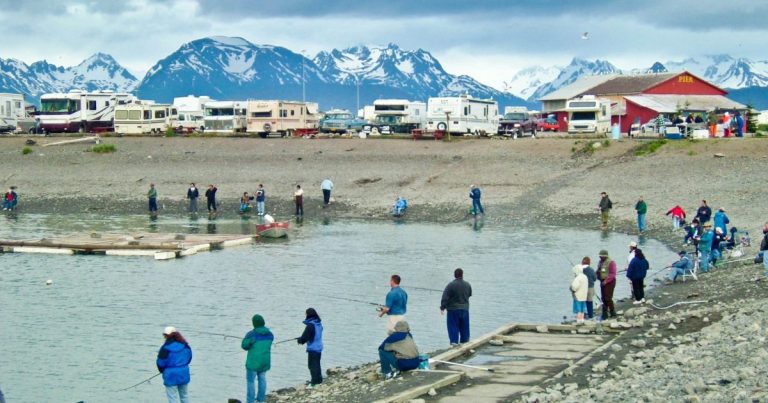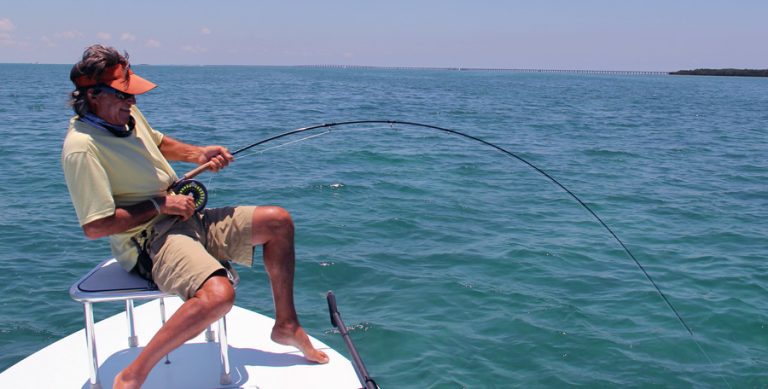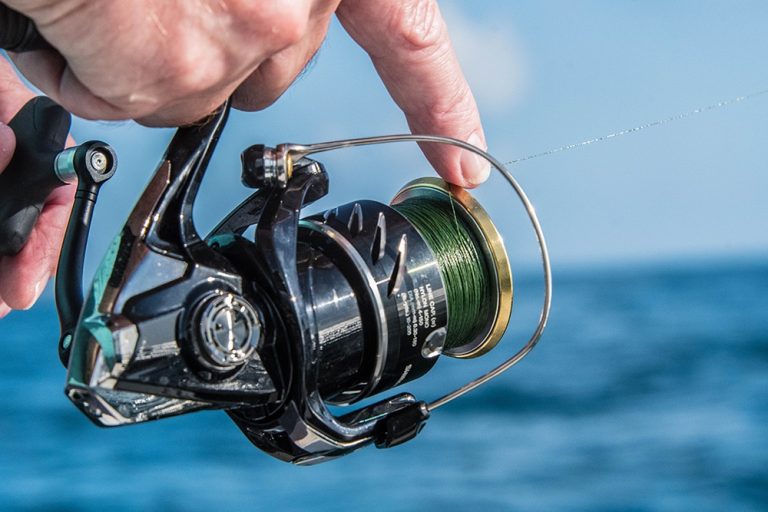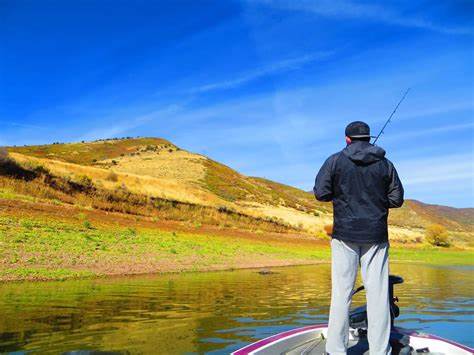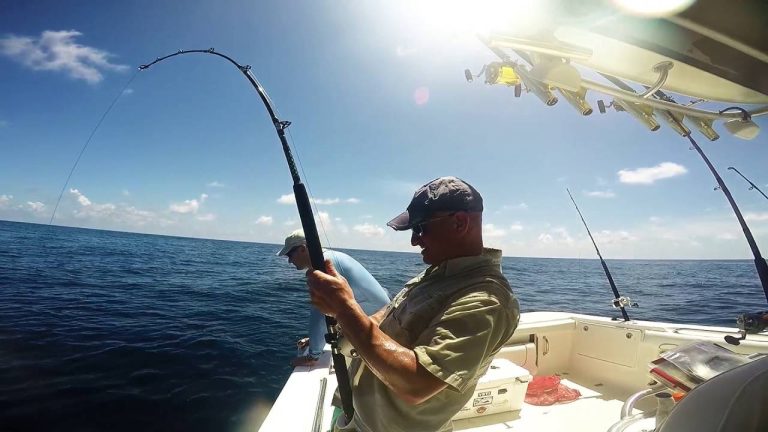Wisconsin’s abundant lakes, rivers, and streams offer anglers a paradise of fishing opportunities. Whether you’re casting a line in the mighty Mississippi River or enjoying the pristine waters of Lake Superior, understanding the process of obtaining a fishing license is crucial. This comprehensive guide will walk you through everything you need to know about getting a fishing license in Wisconsin for the 2025 season.
Who Needs a Fishing License in Wisconsin?
In Wisconsin, the general rule is that anyone aged 16 or older must possess a valid fishing license to fish in the state’s waters. This requirement applies equally to both residents and non-residents. However, there are some important exceptions:
- Children under 16 years of age do not need a fishing license.
- Residents born before January 1, 1927, are exempt from needing a fishing license.
- Individuals with certain disabilities may qualify for a free fishing license.
For more detailed information on exemptions and special cases, visit the official Wisconsin DNR fishing license page: https://dnr.wisconsin.gov/topic/Fishing/outreach/FishingLicenses
Types of Fishing Licenses Available in 2025
Wisconsin offers a variety of fishing licenses to accommodate different needs and residency statuses. Here’s a comprehensive breakdown of the main types of fishing licenses available for the 2025 season:
| License Type | Resident Cost | Non-Resident Cost | Validity |
|---|---|---|---|
| Annual Fishing License | $20 | $50 | Valid for one year from date of purchase |
| Senior Citizen Fishing License | $7 | N/A | For residents aged 65 and older |
| First-Time Buyer License | $5 | $25.75 | For first-time buyers or those returning after 10 years |
| 1-Day Fishing License | $8 | $10 | Valid for one day |
| 4-Day Fishing License | N/A | $24 | Valid for four consecutive days |
| 15-Day Fishing License | N/A | $28 | Valid for 15 consecutive days |
| Spousal Fishing License | $31 | N/A | For married couples |
| Great Lakes Trout and Salmon Stamp | $10 | $10 | Required for certain types of fishing |
For the most up-to-date information on license types and fees, visit the official Wisconsin DNR fishing license page: https://dnr.wisconsin.gov/topic/Fishing/outreach/FishingLicenses
How to Purchase Your Wisconsin Fishing License in 2025
Obtaining a fishing license in Wisconsin is a straightforward process, with several convenient options available:
1. Online Purchase
The fastest and most convenient way to get your fishing license is through the Go Wild License System. This user-friendly online platform allows you to purchase your license quickly from anywhere with internet access. Here’s a step-by-step guide:
- Visit the Go Wild website: https://gowild.wi.gov/
- Create an account or log in to an existing one
- Select the type of license you need
- Provide required personal information
- Pay for your license using a credit or debit card
- Print your license or save it on your mobile device
2. Over the Phone
If you prefer to handle matters verbally, you can call the Wisconsin DNR’s licensing hotline at 1-888-936-7463. Customer service representatives are available to assist you with your purchase.
3. In-Person Purchase
For those who prefer face-to-face transactions, licenses can be purchased at various authorized locations throughout the state, including:
- Local bait and tackle shops
- Sporting goods stores
- DNR service centers
- Some convenience stores and gas stations
To find an authorized license agent near you, visit the DNR’s interactive map: https://dnr.wi.gov/Permits/CSRSP/LicenseAgents.aspx
New Fishing Regulations for the 2025-2025 Season
The Wisconsin DNR regularly updates fishing regulations to ensure sustainable management of the state’s fisheries. For the 2025-2025 season, several new regulations have been implemented:
- Statewide daily bag limit of three walleye/sauger per day on all inland waters.
- New small tournament registration requirement for organizers.
- Daily bag limit of 10 panfish in Lake Mendota, Dane County.
- Musky minimum length limit changed to 50 inches on the Wisconsin River from the Lake DuBay Dam upstream to the first dam in Merrill.
- Creation of a new urban fishing pond in the Village of Suamico, Brown County.
For a complete list of the 2025-2025 fishing regulation changes, visit the DNR’s fishing regulations webpage: https://dnr.wisconsin.gov/topic/Fishing/regulations
Additional Stamps and Permits
Depending on the type of fishing you plan to do and the species you’re targeting, you may need to purchase additional stamps or permits. The most common of these is the Great Lakes Trout and Salmon Stamp, which costs $10 and is required for fishing in Lake Michigan, Lake Superior, and their tributaries.
Other special permits may be required for specific situations, such as:
- Sturgeon spearing license
- Inland trout stamp
- Paddlefish permit
Be sure to check the DNR website or consult with a DNR representative to determine if any additional stamps or permits are necessary for your fishing plans.
Fishing Seasons and Limits
Wisconsin’s fishing seasons vary depending on the species and the body of water. While some fish can be caught year-round, others have specific open seasons. Here’s a general overview of some popular species:
- Largemouth and Smallmouth Bass: Open all year in some waters, with catch-and-release only during certain periods.
- Musky: Generally opens in May and runs through December.
- Walleye and Northern Pike: Open all year in some waters, with specific regulations for certain lakes and rivers.
- Trout: Inland trout season typically runs from early May to early October.
It’s crucial to consult the current fishing regulations guide for specific dates and any special regulations that may apply to the waters you plan to fish. You can find this information on the DNR’s fishing regulations page: https://dnr.wisconsin.gov/topic/Fishing/regulations
Preventing the Spread of Aquatic Invasive Species
As a responsible angler, it’s essential to take steps to prevent the spread of aquatic invasive species, which can harm native fish populations and ecosystems. The Wisconsin DNR promotes the following practices:
- Inspect your boat, trailer, and equipment for attached aquatic plants or animals before leaving any body of water.
- Remove all attached aquatic plants and animals.
- Drain all water from boats, motors, live wells, and other equipment.
- Never move live fish away from a waterbody.
- Buy minnows from a Wisconsin bait dealer and use leftover minnows only under certain conditions.
For more information on preventing the spread of aquatic invasive species, visit: https://dnr.wisconsin.gov/topic/Invasives/prevention.html
Fishing Ethics and Conservation
Obtaining a fishing license is more than just a legal requirement; it’s a commitment to responsible angling and conservation. Here are some principles of fishing ethics to keep in mind:
- Practice catch and release when appropriate, especially for large or breeding fish.
- Use proper handling techniques to minimize stress on fish you plan to release.
- Properly dispose of fishing line and other waste to protect wildlife and the environment.
- Respect other anglers and maintain a safe distance when fishing.
- Follow all fishing regulations and report any violations you observe.
By adhering to these principles, you contribute to the long-term health of Wisconsin’s fisheries and help preserve the sport for future generations.
Learn to Fish Programs
For those new to fishing or looking to improve their skills, the Wisconsin DNR offers various “Learn to Fish” programs throughout the state. These programs provide hands-on instruction and often include all necessary equipment. To find upcoming events, visit: https://dnr.wisconsin.gov/topic/Fishing/outreach/onedaylicense
Can I fish without a license on Free Fishing Weekends?
Yes, Wisconsin offers Free Fishing Weekends twice a year, typically in January and June, when anyone can fish without a license.
If I’m visiting from another state, can I use my home state’s fishing license in Wisconsin?
No, you must purchase a Wisconsin non-resident fishing license to fish in Wisconsin waters.
Are there any discounts available for veterans or active military personnel?
Yes, Wisconsin offers reduced-fee licenses for certain veterans and active duty military personnel.
Can I get a refund if I don’t use my fishing license?
Generally, fishing licenses are non-refundable. However, exceptions may be made in certain circumstances, such as if you were issued the wrong license type.
How long does it take to receive my fishing license after purchasing online?
When you purchase your license online, you can print it immediately or save it to your mobile device for instant use.
Conclusion
Obtaining a fishing license in Wisconsin for the 2025 season is a straightforward process that plays a crucial role in supporting the state’s fisheries management and conservation efforts. Whether you choose to purchase your license online, over the phone, or in person, it’s essential to be informed about current regulations and any updates.
Remember that fishing in Wisconsin is not just about catching fish; it’s about connecting with nature, preserving our natural resources, and participating in a cherished tradition. By obtaining the proper license, following regulations, and practicing responsible angling, you contribute to the sustainability of Wisconsin’s aquatic ecosystems and help ensure that future generations can enjoy the same fishing opportunities we have today.
So, gear up, get your license, and prepare to experience the joy of fishing in Wisconsin’s beautiful waters. Whether you’re casting a line in a serene northwoods lake, fly fishing in a rushing trout stream, or trolling for salmon on Lake Michigan, your fishing adventure awaits. Happy fishing!
For the most up-to-date information and to purchase your license, visit the official Wisconsin DNR fishing page: https://dnr.wisconsin.gov/topic/Fishing



